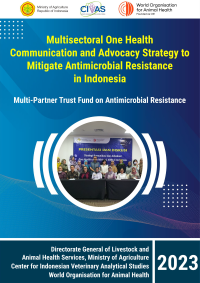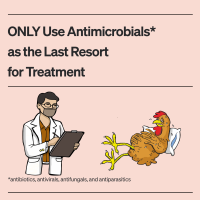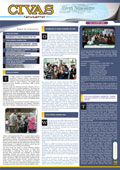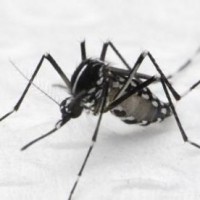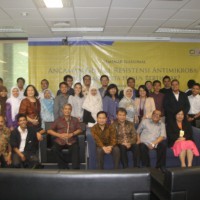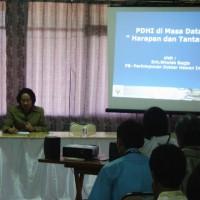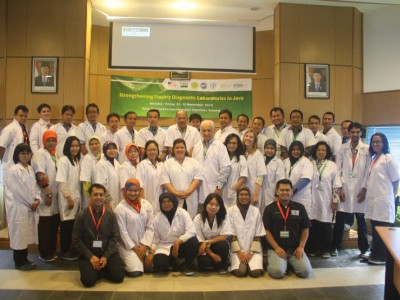
Strengthening Poultry Diagnostic Laboratories in Java
The role of the laboratory in surveillance, early detection of the diseases, monitoring activities, investigation and diagnosis of animal diseases are essential in efforts to control animal disease and improving the animal health in Indonesia.

 English
English Indonesia
Indonesia 









